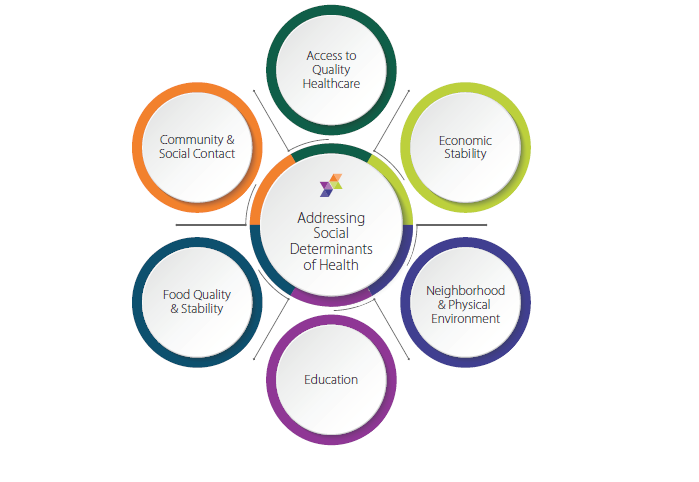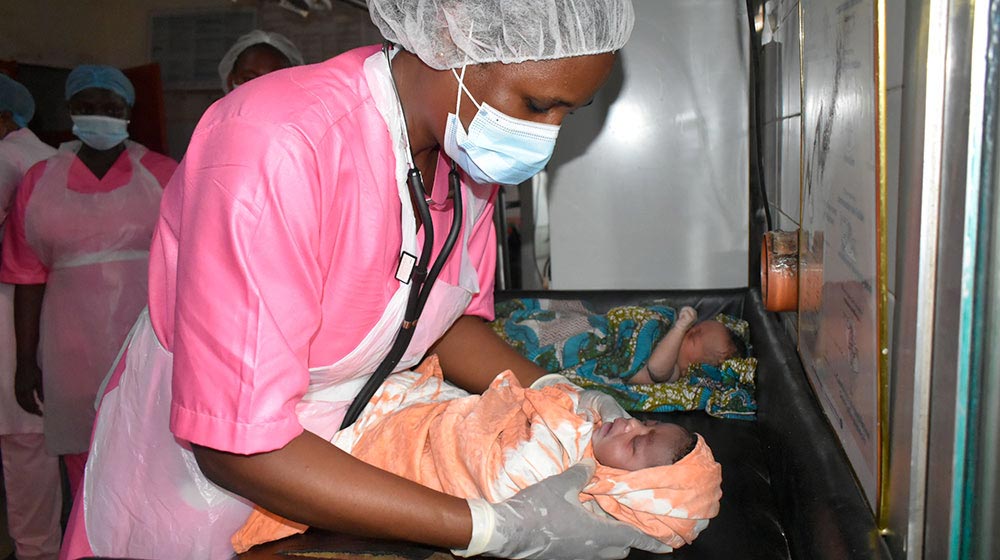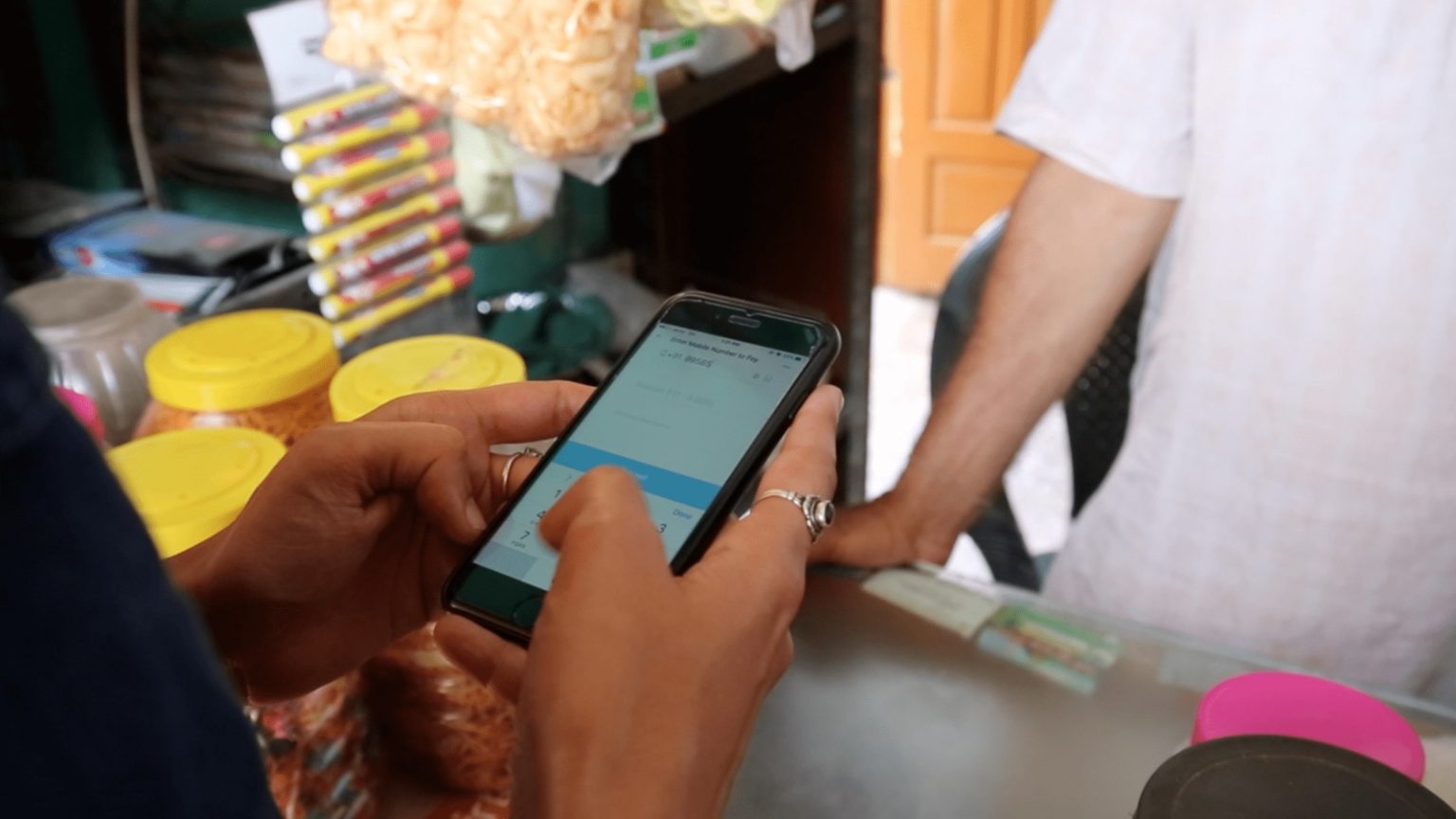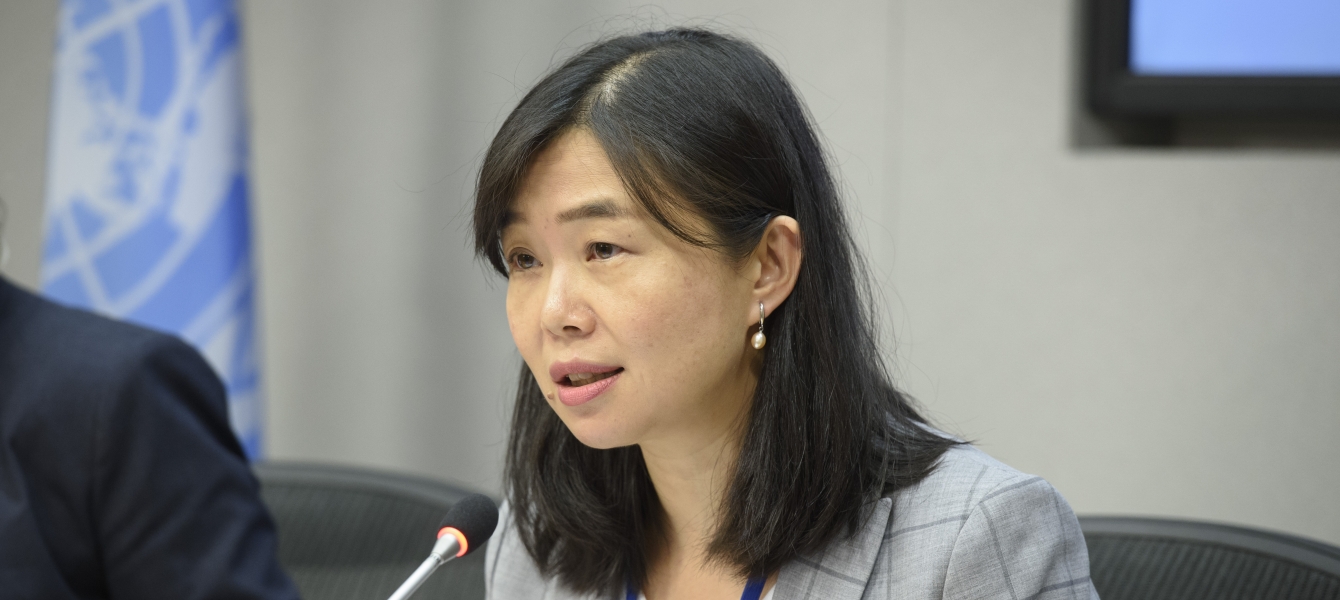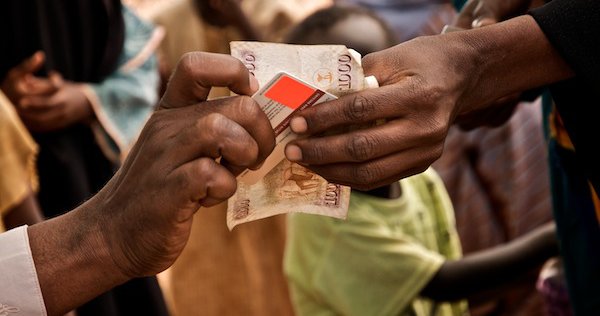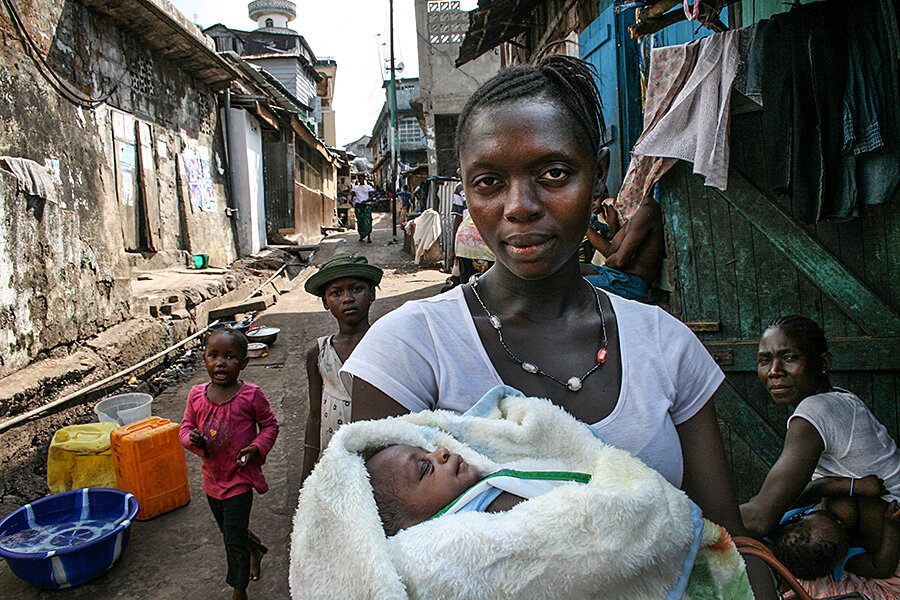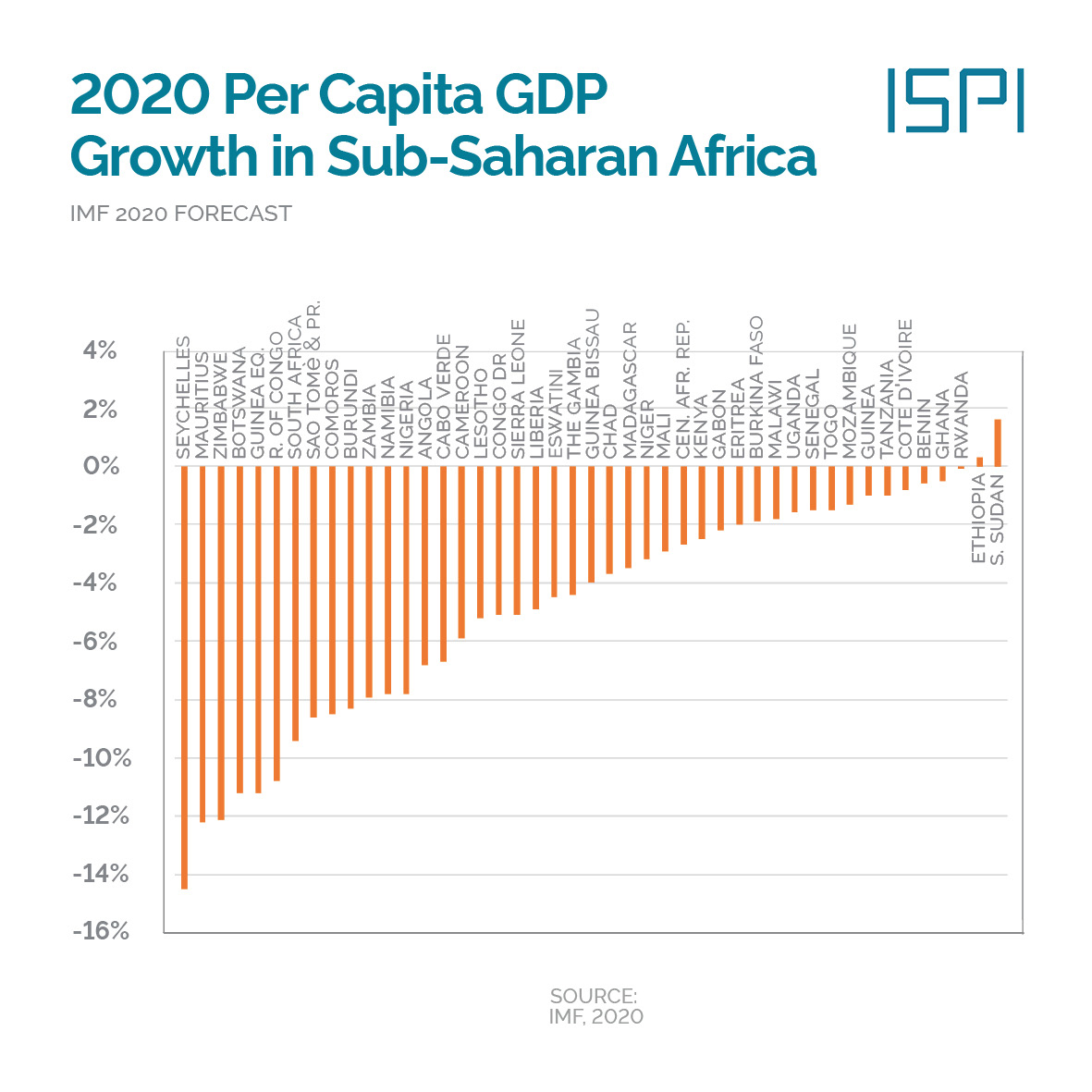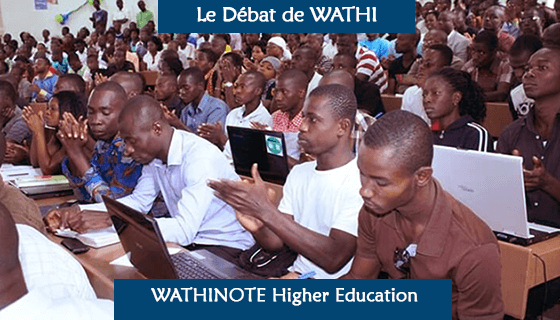The BMJ
Lauren Paremoer and colleagues call for action to create a fairer and more sustainable post-covid world
The covid-19 pandemic has exposed the longstanding structural drivers of health inequities, such as precarious and adverse working conditions, growing economic disparities, and anti-democratic political processes and institutions. These important determinants of health have interlinked with class, ethnicity, gender, education level, and other factors during covid-19 to exacerbate existing social vulnerabilities in society.
UN
Job losses or reduced working hours due to the impact of the COVID-19 pandemic cost the world the equivalent of 255 million jobs in 2020, the UN International Labour Organization (ILO) said on Monday, noting that the “massive impact” was nearly four times the number lost during the 2009 global financial crisis.
UNFPA
CONAKRY, Guinea – “Our midwives who work during this period of political crisis are brave and courageous because they face both COVID-19 and violence in the streets,” said Dr. Sekou Keita, the director of Communal Medical Center (CMC) of Matam, a commune of Conakry.
It has indeed been a harrowing year for the midwives of Guinea.
UNDESA
The Commission for Social Development concluded its fifty-ninth session on 17 February 2021, forwarding four draft resolutions, all without a vote, to the Economic and Social Council for consideration, including one that addressed this year’s priority theme for the 46-member subsidiary body — the role of digital technologies on social development and the well-being of all.
Africa Renewal
2021 SDGs report finds some remarkable progress, but the pandemic has hit hard.
WIDER UNU
In the first study of its kind on Africa, researchers found that tax and benefit policies provided limited income protection to poorest households but failed to offset the increase in poverty.
AMREF
Throughout Africa, COVID-19 has overburdened health systems and disrupted food systems, increasing malnourishment and malnutrition among children.
ISPI
The adoption of lockdown measures aiming at curbing the spread of the coronavirus pandemic had profound socio-economic implications across the Africa.
Wathi
Beyond the death toll and illness of millions of people due to COVID-19, businesses, healthcare, culture and education have had to cope with severe disturbances.
Relief Web
From 5 to 7 October 2021, UNESCO organized a global virtual knowledge sharing session gathering together Youth As Researchers Teams from around the world. The meeting involved Teams from Africa sharing about "learning and youth-led action in Africa" amid COVID-19.


